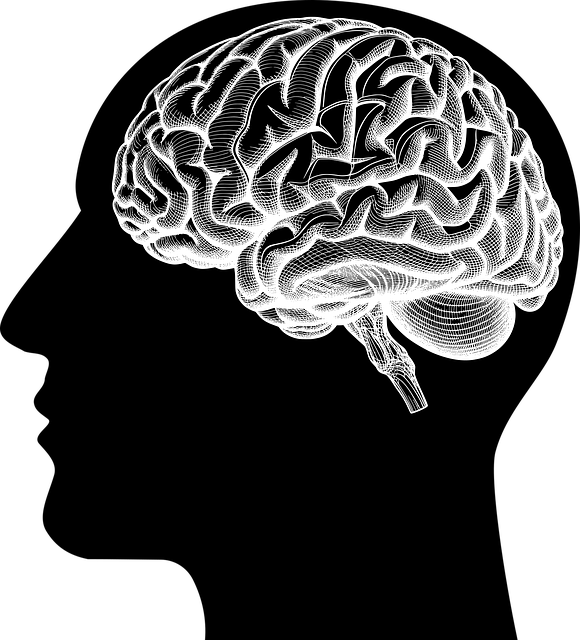Understanding mental health in geriatric populations requires specialized approaches due to unique challenges in assessment. Effective therapy involves treating existing conditions and promoting mental wellness through community outreach, self-care routines, and journaling exercises. Advanced analytics in the digital age transform therapy by analyzing data from Mental Wellness Journaling and Resilience Building programs, providing insights for personalized treatment plans tailored to individual circumstances. This data-driven approach improves outcomes, enhances resilience, and empowers geriatric patients to face life's challenges with greater equanimity, while cultural sensitivity ensures accessible and respectful care.
Mental health data analysis is transforming the way we approach therapy for elders in geriatrics, offering insights that enhance care and improve quality of life. This article delves into three key aspects: understanding mental health data specific to geriatric populations, leveraging advanced analytics for personalized treatment plans, and interpreting results effectively. By exploring these areas, we can revolutionize mental healthcare for older adults, ensuring tailored interventions based on robust data analysis.
- Understanding Mental Health Data in Geriatric Populations
- Advanced Analytics for Personalized Therapy Approaches
- Interpreting Results: Enhancing Care and Quality of Life
Understanding Mental Health Data in Geriatric Populations

Understanding mental health data among geriatric populations is a specialized field that requires tailored approaches. As people age, their mental well-being becomes increasingly vital to overall health and quality of life. Geriatrics, or the study of aging and older adult health, often faces unique challenges when assessing and interpreting mental health data. This demographic may experience higher rates of depression, anxiety, cognitive decline, and other mental health disorders.
Effective therapy for elders and geriatrics involves not only treating existing conditions but also promoting mental wellness through community outreach program implementations, self-care routine development, and mental wellness journaling exercises guidance. By employing these strategies, mental health professionals can better understand the complex needs of older adults and design interventions that enhance their overall well-being.
Advanced Analytics for Personalized Therapy Approaches

In today’s digital era, advanced analytics offer a promising avenue for revolutionizing therapy approaches tailored to geriatric mental health needs. By delving into intricate data sets derived from Mental Wellness Journaling Exercise Guidance and Resilience Building programs, professionals can uncover valuable insights that enable personalized treatment plans. These analytics tools help identify specific triggers for anxiety relief among elders, allowing therapists to design targeted interventions. For instance, analyzing journaling entries and self-reported symptoms can reveal patterns associated with particular stressors, such as social isolation or chronic health conditions.
This data-driven perspective not only improves therapy outcomes but also ensures that treatment strategies are effectively adapted to each individual’s unique circumstances. Moreover, by integrating the insights gained from these analytics into guidance sessions, therapists can enhance their ability to foster resilience in elders, empowering them to navigate life’s challenges with greater equanimity.
Interpreting Results: Enhancing Care and Quality of Life

Interpreting data from mental health analyses is a powerful tool for enhancing care and improving the quality of life for seniors in geriatric settings. By carefully examining trends and patterns within the collected information, healthcare professionals can tailor interventions to meet individual needs. This precision in care ensures that therapies are not one-size-fits-all but instead focus on the specific mental wellness challenges faced by each elderly patient.
For instance, analysis might reveal a high prevalence of anxiety and depression among geriatric patients, highlighting the need for targeted therapy programs. Building resilience through evidence-based practices can significantly improve their ability to cope with daily stressors. Additionally, considering cultural sensitivity in mental healthcare practice is essential, as it ensures that interventions are accessible and respectful of diverse backgrounds, fostering better engagement and outcomes.
Mental health data analysis plays a pivotal role in shaping personalized therapy approaches for geriatric populations. By understanding unique mental health patterns within this demographic, advanced analytics enable more effective care. Through meticulous interpretation of results, healthcare professionals can enhance the quality of life for elders, ensuring they receive tailored support that addresses their specific needs. Leveraging these insights facilitates innovative therapy strategies, ultimately promoting improved well-being among geriatrics.














